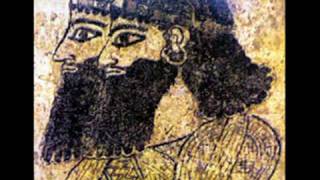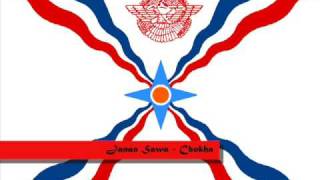Sunday, 21 December, 2025г.
















Где искать: по сайтам Запорожской области, статьи, видео ролики
пример: покупка автомобиля в Запорожье
Sad Assyrian song (Janan sawa)
The Assyrian/Chaldean/Syriac people[12] (frequently known as Assyrians in English, besides Syrians, Syriacs, Syrian Christians, Syriac Christians, Suroye/Suryoye[13] and other variants, see names of Syriac Christians) are an ethnic group whose origins lie in the Fertile Crescent, their homeland today being divided between Northern Iraq, Syria, Western Iran, and Turkey's Southeastern Anatolia.[14] Many have migrated to the Caucasus, North America and Europe during the past century. The major sub-ethnic division is between an Eastern group ("Syrian Nestorians" and "Chaldean Christians") and a Western one ("Syrian Jacobites").
There are diaspora and refugee communities in Europe, the former Soviet Union, North America, Australia, New Zealand, Syria, Jordan, and Lebanon. Emigration was triggered by such events as the Assyrian genocide in the wake of the First World War and the breakup of the Ottoman Empire, the Simele massacre in Iraq (1933), and the Islamic revolution in Iran (1979).[15]
The latest event to affect the Assyrian community is the war in Iraq; of the one million or more Iraqis reported by the United Nations to have fled, nearly forty percent (40%) are Assyrian, although Assyrians comprise only three percent of the Iraqi population.[16][17][18]
The Syrian Malabar Nasrani, also known as the Saint Thomas Christians of Malabar, are another Syriac Christian group, but are ethnically distinct from the Assyrian people of the Middle East. Sad Assyrian song. Janan sawa Hekle Tleekhe
Похожие видео
Мой аккаунт


 У вашего броузера проблема в совместимости с HTML5
У вашего броузера проблема в совместимости с HTML5


